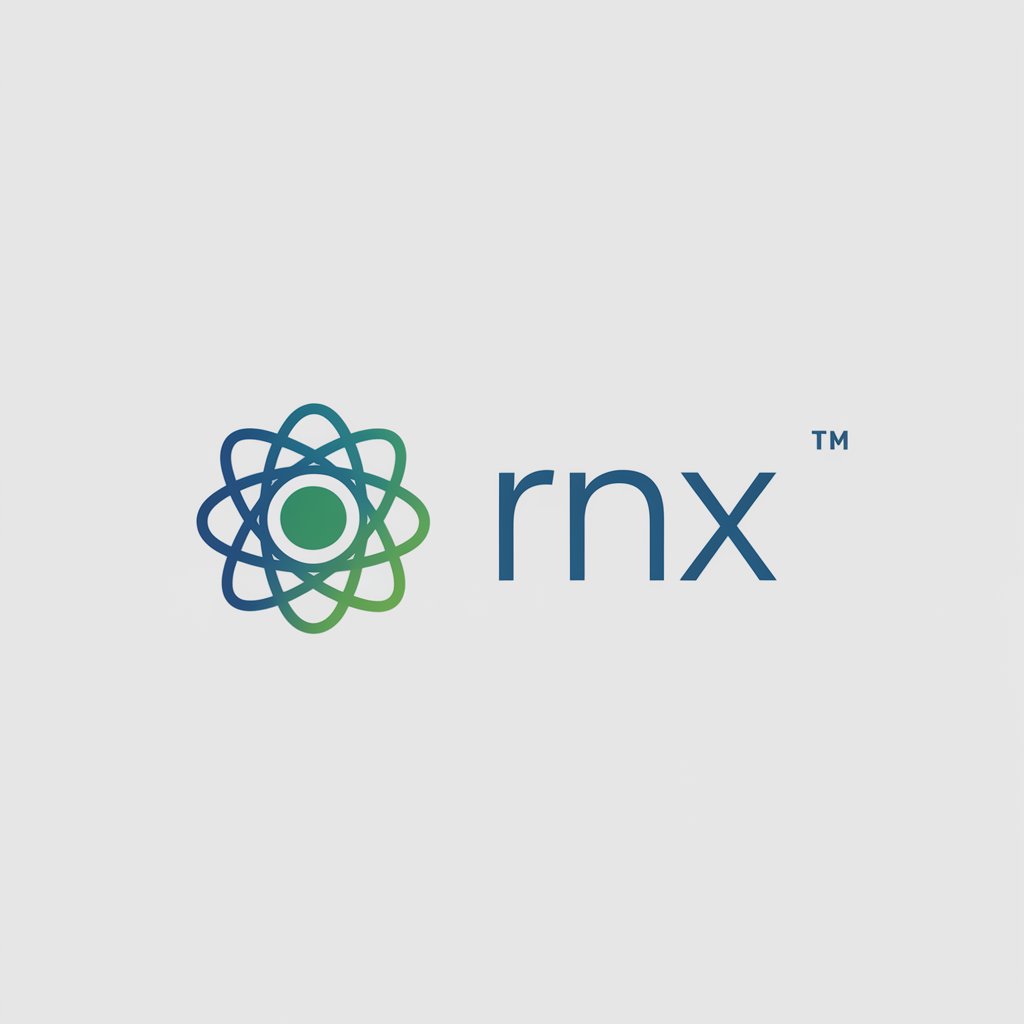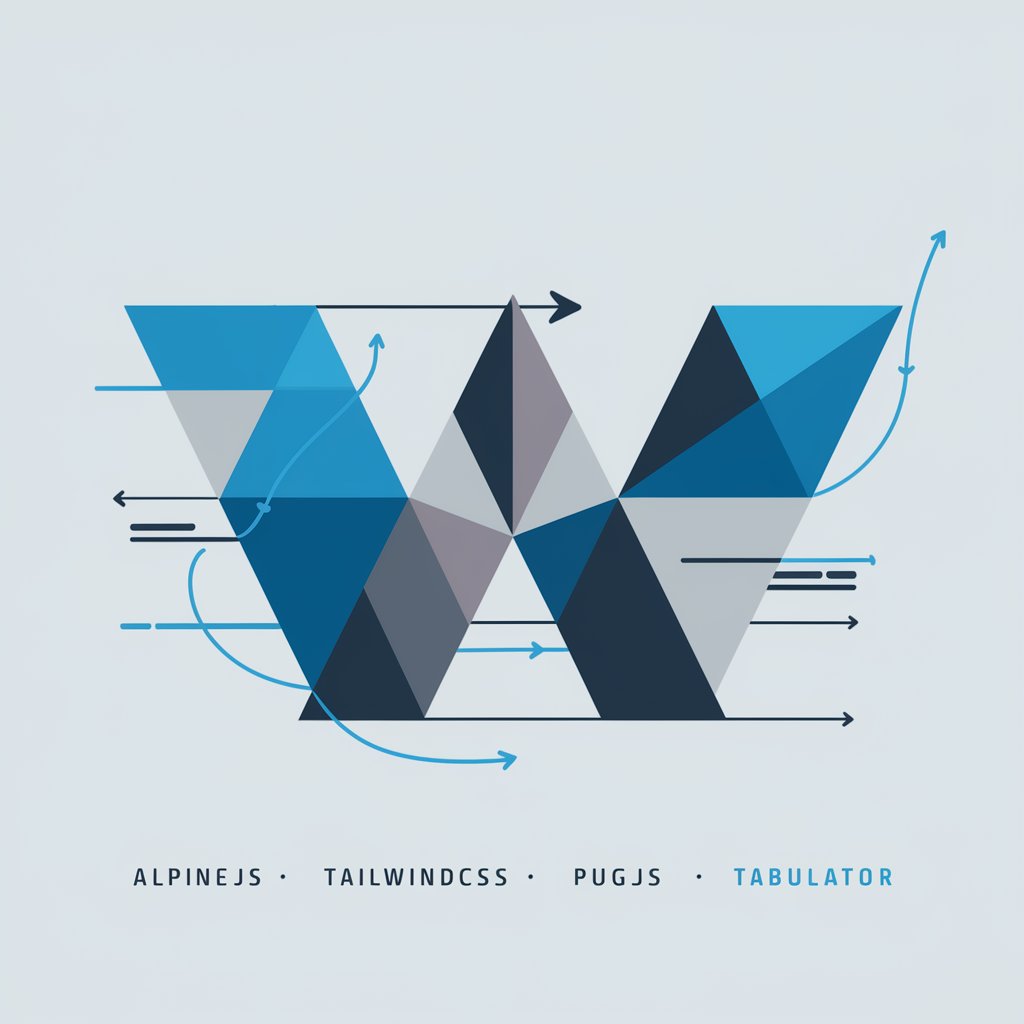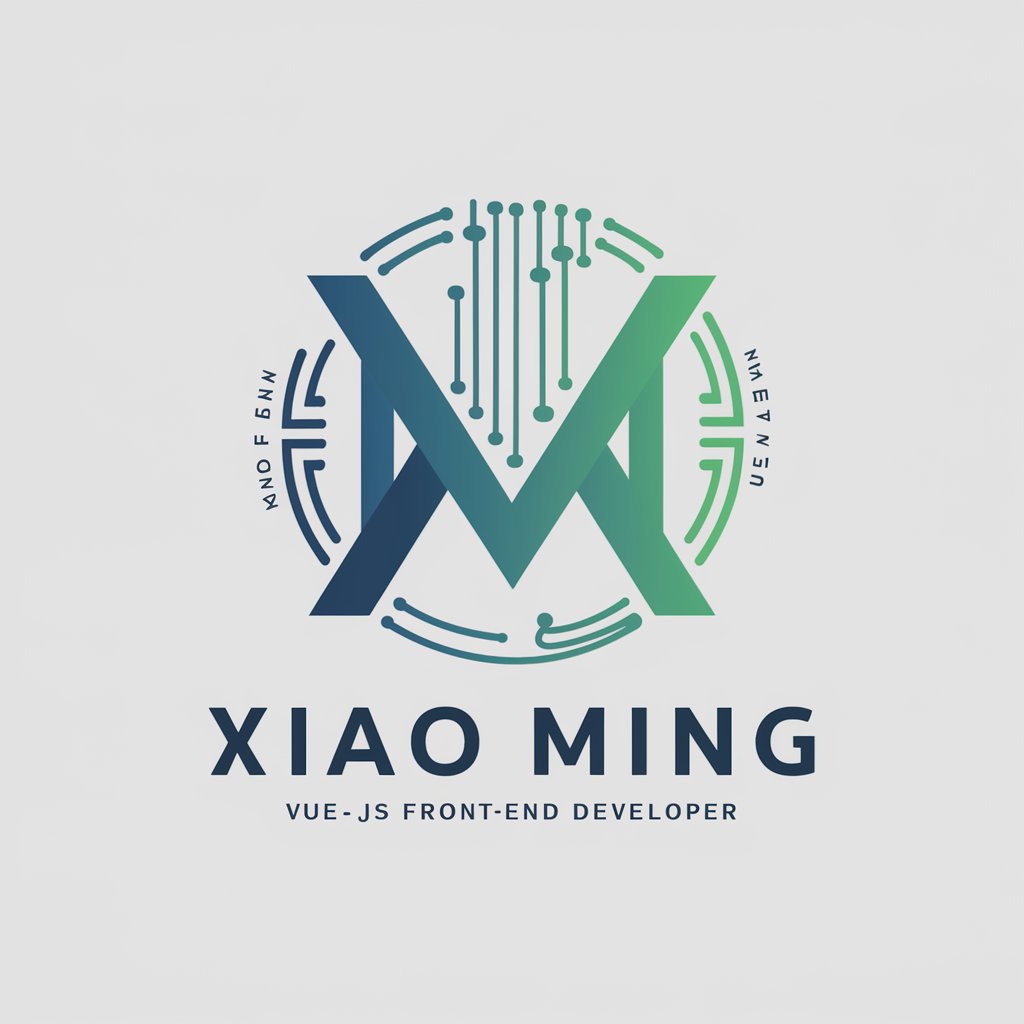6 GPTs for UI Components Powered by AI for Free of 2026
AI GPTs for UI Components refer to advanced tools based on Generative Pre-trained Transformers technology, specifically designed to assist in the development, enhancement, and analysis of User Interface (UI) components. These tools leverage the power of AI to understand and generate UI code, provide recommendations for UI design, and offer solutions tailored to the needs of UI development projects. By integrating GPTs, developers and designers can streamline their workflow, ensuring that UI components are both functional and aesthetically pleasing, thus enhancing the overall user experience.
Top 6 GPTs for UI Components are: NextJS 14 GPT Pro (Tailwind CSS & ShadCN),SPFx Dev,Front End Expert,React Native Expo,DEV PUSH,小明(Vue Frontend Builder)
NextJS 14 GPT Pro (Tailwind CSS & ShadCN)
Supercharge your Next.js projects with AI

SPFx Dev
AI-powered SPFx development tool for SharePoint.

Front End Expert
Empowering Web Development with AI Expertise

React Native Expo
Build and deploy apps effortlessly.

DEV PUSH
Empower Your Web Projects with AI

小明(Vue Frontend Builder)
Automate Vue.js development with AI

Key Characteristics and Capabilities
AI GPTs for UI Components stand out due to their adaptability across a range of UI development tasks. From generating code snippets for various UI frameworks to offering design suggestions based on best practices, these tools are equipped with features that support both the creative and technical aspects of UI design. Special features include natural language understanding for processing design requests, automated code generation, real-time design feedback, and integration capabilities with design and development environments. Their versatility allows for customization of UI elements from the ground up, catering to specific project requirements.
Who Benefits from AI GPTs in UI Design
The primary beneficiaries of AI GPTs for UI Components include UI/UX designers, front-end developers, and product managers, as well as individuals with limited coding expertise interested in UI design. These tools offer a range of functionalities accessible to novices, while also providing advanced options for seasoned professionals seeking to fine-tune UI elements or integrate complex functionalities into their designs.
Try Our other AI GPTs tools for Free
Project Templating
Discover how AI GPTs for Project Templating can transform your project management process, offering tailored, efficient, and intelligent solutions for any project.
Economic Theory
Discover the cutting-edge AI GPTs for Economic Theory, designed to revolutionize how we analyze, interpret, and predict economic trends and models. Explore their unique features and how they cater to both novices and professionals in the economic field.
Evolutionary Adaptation
Discover AI GPT tools tailored for Evolutionary Adaptation, designed to advance research, education, and conservation efforts in evolutionary biology with cutting-edge AI technology.
Legal Documents
Discover how AI GPTs for Legal Documents can transform your legal document management with efficient, accurate, and customized solutions.
Historical Archives
Explore AI GPT tools for Historical Archives, designed to revolutionize how we access, analyze, and interpret historical data. Perfect for researchers, educators, and history enthusiasts seeking to uncover the past through advanced AI technology.
Interactive Experiments
Discover the transformative potential of AI GPTs in Interactive Experiments. Tailored for dynamic tasks, these tools offer adaptability, advanced language processing, and seamless integration for diverse applications.
Expanding Horizons with AI GPTs
AI GPTs for UI Components not only simplify the UI design process but also open new avenues for innovation by providing data-driven insights and automating routine tasks. Their ability to learn from a vast array of design inputs enables them to offer increasingly sophisticated suggestions, making UI design more intuitive and accessible to a broader audience. Furthermore, the integration of AI GPTs with existing systems or workflows can significantly enhance productivity and foster a more collaborative design and development environment.
Frequently Asked Questions
What exactly are AI GPTs for UI Components?
AI GPTs for UI Components are AI-driven tools that assist in creating, analyzing, and optimizing user interface components through automated code generation, design recommendations, and other AI-powered functionalities.
How can AI GPTs improve UI design?
They streamline the design process by offering automated suggestions, generating code for UI components, and providing real-time feedback, thus improving efficiency and the quality of design outputs.
Do I need programming skills to use AI GPTs for UI Components?
Not necessarily. These tools are designed to be user-friendly for those without extensive programming knowledge, though having some background can enhance the customization process.
Can AI GPTs generate code for any UI framework?
Most AI GPTs are versatile and can generate code snippets for a wide range of popular UI frameworks, including React, Vue, and Angular, depending on the tool's specific capabilities.
How do AI GPTs for UI Components handle design feedback?
They can analyze user input or design files to offer suggestions for improvement based on UI/UX best practices and the latest design trends.
Can these tools be integrated into existing development environments?
Yes, many AI GPTs for UI Components offer APIs or plugins for integration with popular development and design tools, enhancing workflow efficiency.
Are AI GPTs for UI Components suitable for complex project requirements?
Absolutely. These tools are designed to handle both simple and complex UI component development, offering scalable solutions that can be customized to meet specific project needs.
What makes AI GPTs different from traditional UI design tools?
AI GPTs leverage advanced AI algorithms to understand and generate UI components dynamically, offering a level of automation, insight, and customization that traditional tools cannot match.